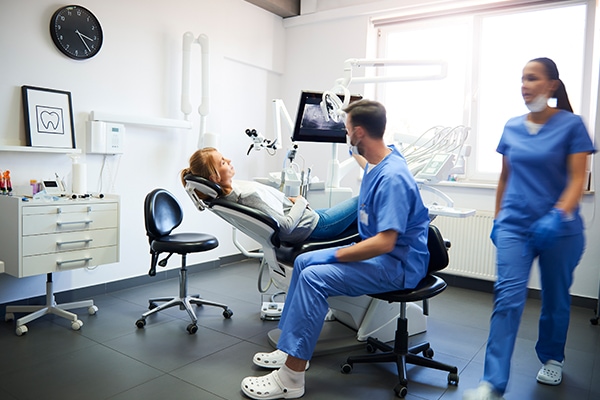Dental clinics store and handle a huge amount of sensitive patient data called protected health information (PHI). PHI is any information that identifies a specific patient, which includes:
Date of birth
Residential address
Email address
Phone number
Medical history
Insurance information
Laboratory tests and results
Mental health condition
Cybercriminals and malicious insiders looking to make easy money steal PHI to sell it on the dark web, extort money from their victims, and commit fraud.











